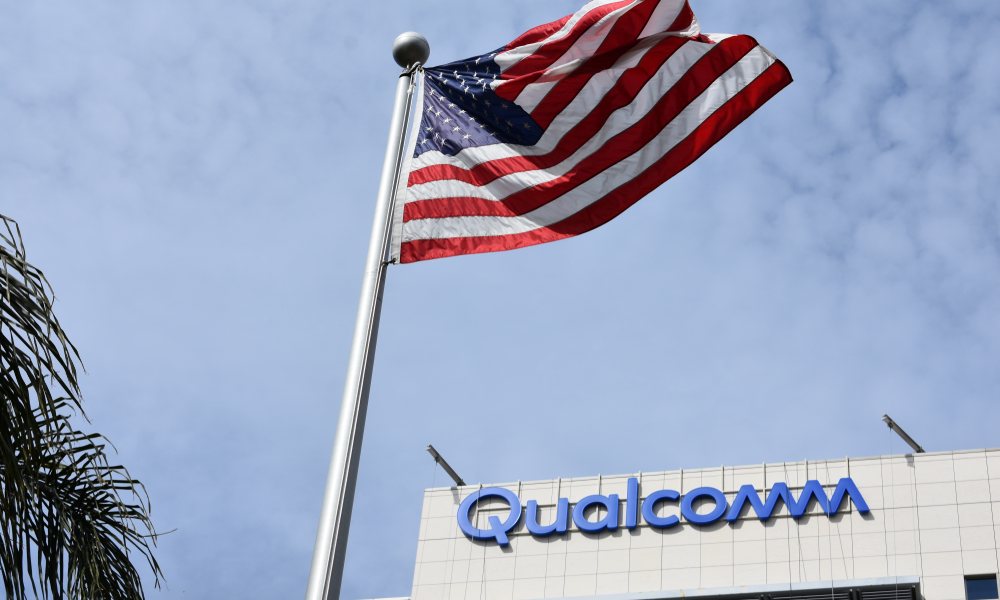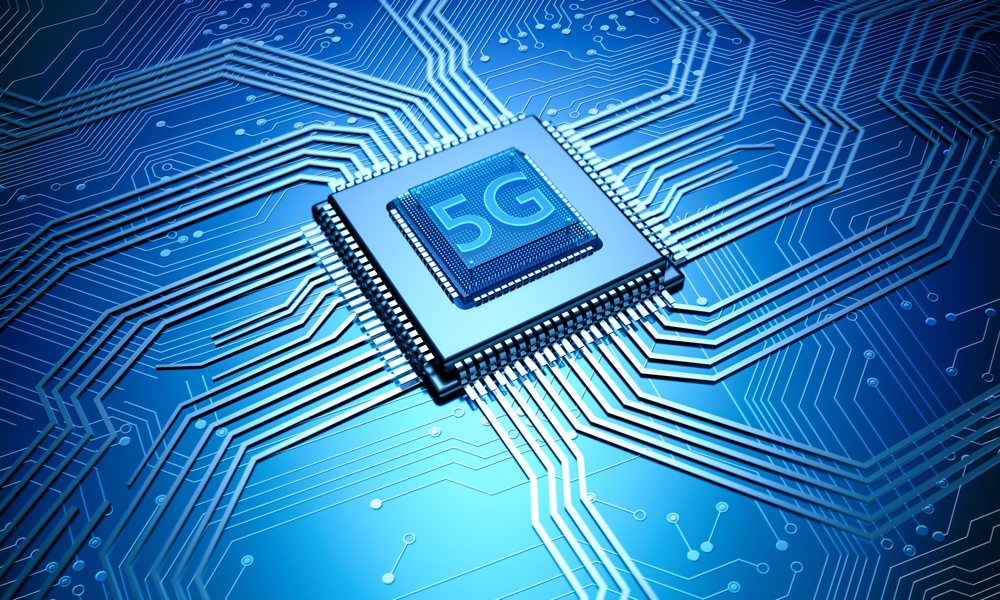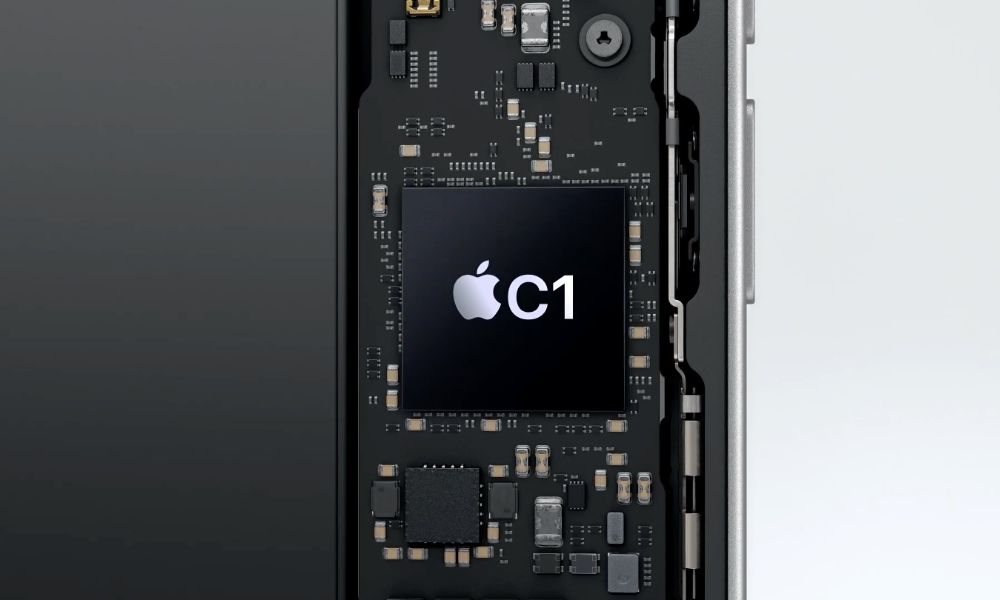Qualcomm CEO Talks Post-Apple Fate of His Company
 Akshdeep Kaur Raked / Shutterstock
Akshdeep Kaur Raked / Shutterstock
Toggle Dark Mode
As Apple continues to make moves to break away from long-time modem supplier Qualcomm, the San Diego-based chipmaker’s CEO says he is already looking beyond the Apple partnership as he tries to look confident in front of investors, reassuring them that the loss of Apple as a customer won’t harm his company’s future.
As first reported by 9to5Mac, Qualcomm CEO Cristiano Amon appeared on Yahoo Finance’s Opening Bid podcast, where he downplayed the consequences of the impending breakup of his company’s years-long relationship with Apple. Amon says Qualcomm is already making plans on how to move forward once Apple begins only using its own in-house modems in its devices sometime in the next few years.
“That’s our contract, you know, and if we don’t get a new contract, that’s what it is,” Amon said. “And there’s so much drama and association about the Apple relationship, which I think is not warranted, to be honest.”
Qualcomm has long been Apple’s primary modem supplier, and it is estimated that the deal is worth revenue between $5.7 and $5.9 billion annually to the modem maker.
The current modem licensing agreement between the two companies runs through 2027, and Apple has already begun making moves to ensure it has its own modems ready for when the contract ends. Apple currently uses Qualcomm modems in the lion’s share of its iPhone lineup, except for the iPhone 16e, which uses the C1 chip — a new 5G modem developed in-house by Apple.
Qualcomm expects its modems to be used in about 70% of Apple’s iPhones this fall, dropping precipitously to 20% next year and then in none of the 2027 iPhone lineup.
“We’re planning our business assuming that they are going to use their own modem,” Amon said. “And what’s exciting about the company is all of this growth that we’re creating… including on Android.”
Qualcomm doesn’t rely solely on smartphones for its business, and it is betting big on automotive, IoT, and more. The company recently announced a push into AI-powered server chips as it moves to position itself as a complementary alternative to Nvidia’s currently dominant GPUs.
While Qualcomm won’t have an easy time in the AI server chips field — several other companies are eyeing the AI server space, including ARM, Intel, and AMD — Amon believes the market is big enough to support several competitors.
“It’s a massive TAM and will continue to grow at very high growth rates for decades,” he said. “If we can build something unique and disruptive, there’s room for Qualcomm.”
Apple’s first custom modem chip, the C1, debuted in the iPhone 16e. Apple has touted the C1 as its most power-efficient cellular chip to date. However, the C1 modem’s feature set lacks support for ultra-fast mmWave 5G technology. This means iPhone 16e users cannot access the super-fast connection speeds that mmWave technology can provide in urban areas, including crowded airports, stadiums, and arenas.
mmWave 5G frequencies promise super-fast connection speeds over short distances, making it ideal for dense urban areas. While sub-6GHz 5G, which is supported by Apple’s C1 modem, offers slower connections than mmWave, its signals travel a longer distance, making it more attractive for suburban and rural areas.
Bloomberg’s Mark Gurman has said Apple is working on a second generation of its 5G modem, which will include mmWave support in its feature set. Gurman expects the second-generation chip to debut in the 2026 iPhone 18 lineup. He expects a third-generation chip to debut in iPhones in 2027.









